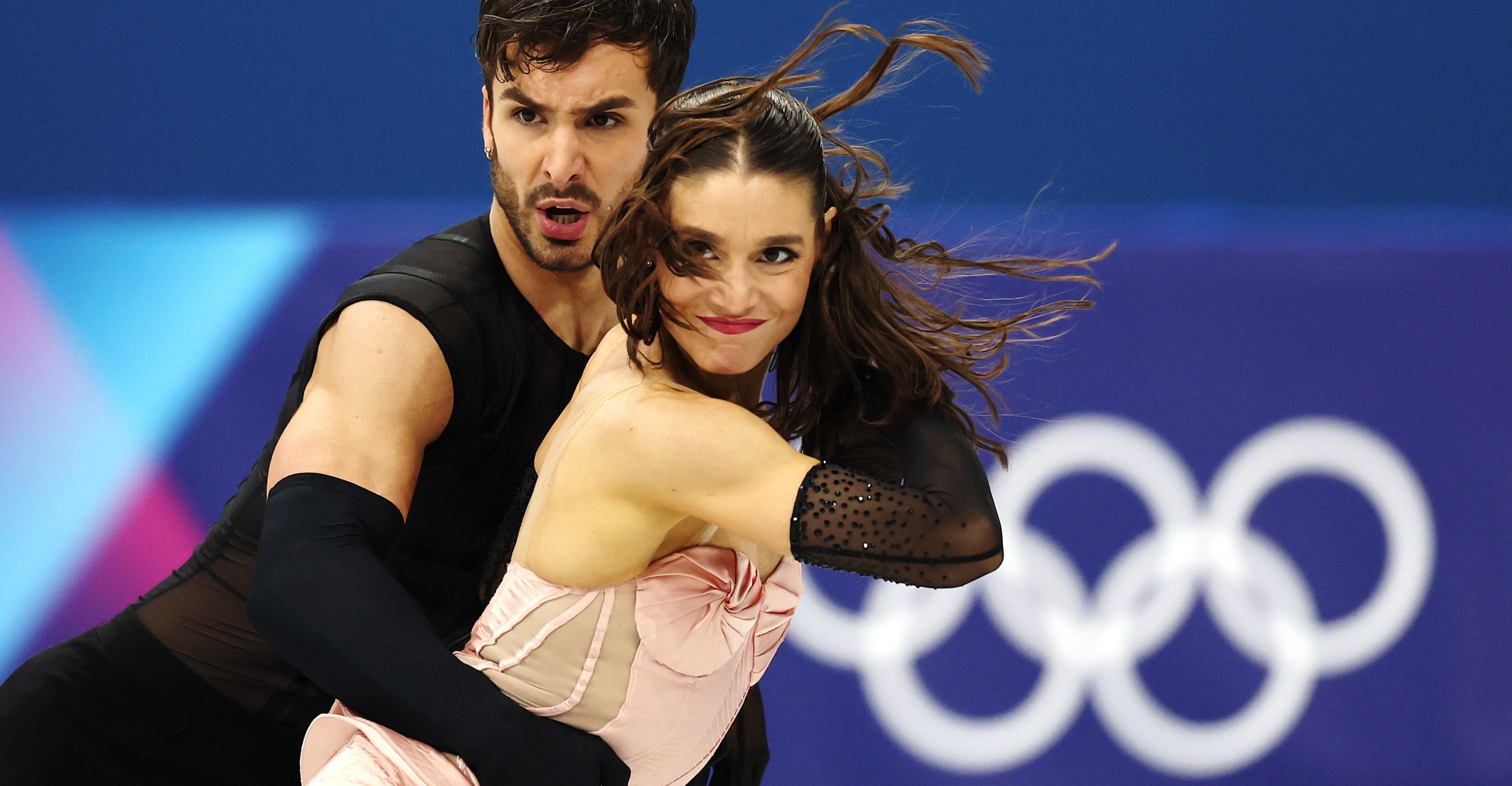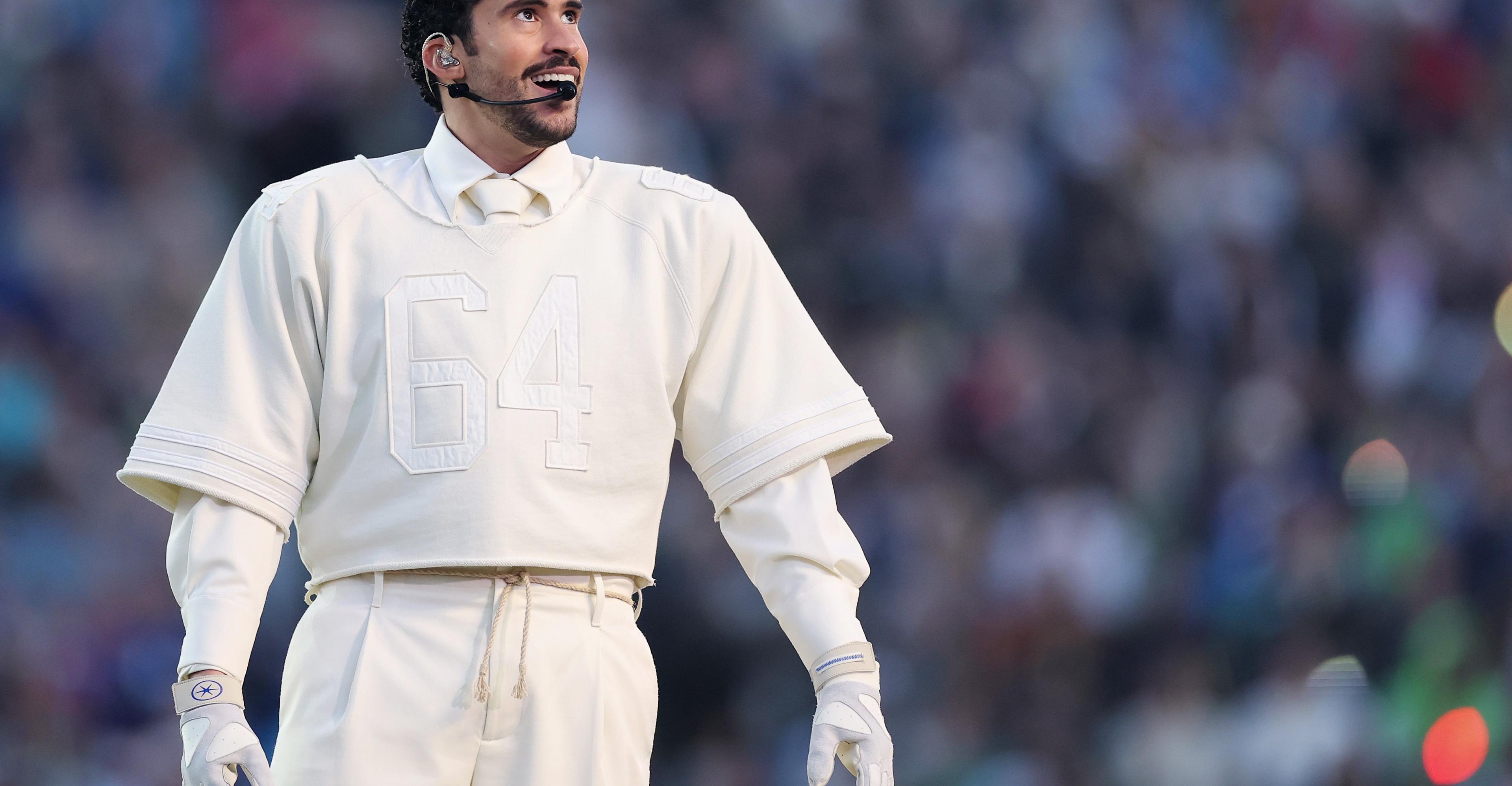South Ukraine shows signs Russia has come to stay


Moscow: In a rare move, Russia will boycott a UN Security Council meeting Wednesday with the EU's Political and Security Committee (PSC), diplomats said, a further sign of deteriorating relations between Moscow and its United Nations partners.
According to a Russian diplomatic source speaking anonymously Tuesday, Moscow's decision is linked to the situation in Ukraine.
A Western diplomat told AFP they had no memory of Russia boycotting a Security Council meeting since it invaded Ukraine on February 24.
The annual informal meeting between the council and the PSC has not been held since 2019 due to the Covid pandemic. Wednesday's meeting is expected to address the EU's interaction with the UN in countries where both organizations are conducting operations.
Since Russia invaded Ukraine, relations have rapidly declined between Moscow and other countries in the UN.
Russia, which is one of the five permanent members of the Security Council, has been ousted from several UN bodies, including the human rights council.
At a press conference Tuesday, US Ambassador to the UN Linda Thomas-Greenfield, whose country will assume the Security Council presidency in May, said the council continues to function normally.
The council has been "extraordinarily successful" in "isolating Russia" since the end of February, she said.
"That's a significant success. We have been successful in unifying the voices condemning Russia in the General Assembly, but it came about because there was so much support for it in the Security Council," said Thomas-Greenfield, noting Russia had escaped condemnation by the council in late February due to its veto power.
"Russia is isolated in the Security Council, and every time we have a discussion in the Security Council as it relates to Russia, they are on the defensive and we will continue to keep them on the defensive until they end their brutal attack on the Ukrainian people," she told reporters.
Russia in South Ukraine
A Russian military plane was flying in the skies over Berdyansk, a city in southern Ukraine, but no one took much notice.
"Nothing to worry about," said an older woman sitting on a bench in a small square on a sunny weekend afternoon. "It's one of ours."
Russian forces took control of this port city on the Sea of Azov in the first days of the military campaign they launched in Ukraine in late February, facing almost no resistance.
In the weeks since, it has been cut off from other parts of the country, as Moscow's troops and pro-Russian separatists battle to seize swathes of eastern and southern Ukraine.
AFP journalists were able to travel to Berdyansk, as well as the city of Melitopol about 100 kilometres (60 miles) to the west, as part of a press tour organised by the Russian army.
Controlling the two cities is of vital strategic importance to Russia because, along with Mariupol to the east, they would form part of a land corridor linking Russian territory to Crimea, the Black Sea peninsula Moscow annexed from Ukraine in 2014.
In both cities, Moscow has installed local administrations in charge of bringing back a semblance of normal life and -- they openly admit -- laying the groundwork for a future with Russia.
"We are in a transition phase, from Ukraine to Russia," the head of the new administration in Berdyansk, Alexander Saulenko, told journalists in the city.
"We see our future with Russia."
Some steps are already being taken, with plans in the works to start paying public sector salaries and pensions in Russian rubles instead of the Ukrainian hryvnia.
Short of funds to keep the city running, Saulenko said "we will turn to Russia for help".
- 'Divided city' -
In Melitopol, a Communist banner was flying over the central Victory Square and Soviet-era patriotic songs blared out from the loudspeakers of a military truck.
Elsewhere in the city, it was the Russian tricolour flag on display.
AFP saw no traces of fighting or destruction in the two cities, a sharp contrast to the apocalyptic landscape of Mariupol only 70 kilometres (40 miles) east of Berdyansk.
"All the (Ukrainian) troops left the city" before the arrival of Russian forces, said Svetlana Klimova, a 38-year-old former petrol station worker in Berdyansk.
"If they had stayed, it would have been like Mariupol."
Several residents in the city expressed their relief at having escaped Mariupol's fate, and some were enthusiastic about the Russian presence.
"When I heard (about the Russians' arrival), I was so happy I had tears in my eyes," said Valery Berdnik, a 72-year-old ex-dockworker with a big grey moustache.
He said other cities in Ukraine, like the southern regional capital Zaporizhzhia or Kharkiv in the northeast, "should become Russian".
With Russian soldiers patrolling the streets and sometimes listening in on interviews, it was hard to imagine anyone expressing much opposition to Moscow's presence.
But there were signs that not everyone in Berdyansk shares Berdnik's enthusiasm, with Saulenko admitting that the city's population has fallen to between 60,000 and 70,000, from more than 100,000 a few months ago.
In Melitopol, "the city is divided", said Elena, a 38-year-old schoolteacher walking the streets in a pair of big sunglasses, a cross-shaped earring in one ear.
"There are some who are happy, and some who criticise the situation," she said.
Melitopol's mayor Ivan Fedorov was famously detained and held for several days by Russian forces in March and eventually left the city.
Several demonstrations took place early on against the Russian presence, but they have now stopped, another Melitopol resident said.
- Skating and weddings -
Mariupol looms large in everyone's minds here. Olga Chernenko, 50, is one of several thousand residents who fled the city for Berdyansk.
Chernenko escaped at the end of March and now lives in a former Communist youth centre, where the television in the common room is tuned to a Russian 24-hour news channel.
She hopes to "go home by the autumn" if Russian forces managed to take total control of Mariupol, and thinks Berdyansk did the right thing by "surrendering without a fight".
"If we want to preserve lives, we cannot fight in the cities," she said.
Berdyansk and Melitopol may appear calm, but the queues in front of banks and currency exchange offices were reminders that the situation is far from normal.
"There is no cash, the bank machines don't work," said Klimova, who hopes "Russia will help by paying benefits and pensions".
Authorities in the two cities are keen to bring residents to the side by returning to as much normal life as possible.
In Melitopol, journalists were brought to the inauguration of a skating rink, where a few people skated briefly, then disappeared when the cameras were turned off.
In Berdyansk, it was the local marriage office, where weddings were again being celebrated, the first in a month.
Suddenly two loud bangs erupted: fireworks exploded, throwing confetti into the air. No one blinked an eye.
SOURCE: AFP

Americans spend less of their income on food than almost ever. Why doesn’t it feel that way?
- 2 hours ago
Field Marshal Asim Munir vows to deepen Pak-UAE partnership
- 17 hours ago
Barça on Super League exit: No benefit to stay
- 3 hours ago

France’s extremely talented and extremely controversial ice dancers, explained
- 2 hours ago
Arsenal stun Man City to boost their UWCL hopes and keep WSL title race alive
- 3 hours ago
PMD forecasts rain wind with thunderstorm in Balochistan, KP
- 14 hours ago

PM invites Austrian businesses to expand investments in Pakistan
- 14 hours ago
X briefly hit by ‘international outages’: monitors
- 12 hours ago
NASCAR descends on Daytona eager to move on from turbulent offseason, get back to racing
- 3 hours ago

Westminster Int'l School Bahria Campus concludes Phoenix Fest & Mavericks 2026 in grand style
- 16 hours ago
England survive Italy scare to reach T20 World Cup Super Eights
- 12 hours ago

Woke isn’t dead. Bad Bunny’s halftime show proved it.
- 2 hours ago




